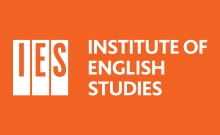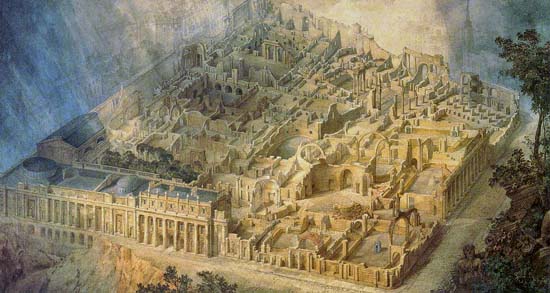Organisers: Eliza Cubitt (University College London) & Lisa Robertson (University of Warwick)
Since 2012, the Literary London Reading Group (LLRG), an offshoot of the Literary London Society (literarylondon.org) has offered a seminar series that fosters interdisciplinary and historically wide-ranging research into London literature in its historical, social, and cultural contexts. In our sessions we aim to include all periods and genres of writing and representation about, set in, inspired by, or alluding to central and suburban London and its environs, from the city’s roots in pre-Roman times to its imagined futures.
The format of LLRG is designed to be informal and inclusive: each session is introduced by a guest speaker, who sets reading to be done in advance and identifies aspects of the text for discussion. The majority of the session is dedicated to group-led discussion. This format is one that is particularly useful for postgraduate students from the University of London as well as from other universities including Greenwich, Westminster, Kingston and further afield, such as Warwick. The diversity of students who attend the reading group is in part influenced by the membership of the Literary London Society: we are formed of scholars and researchers at universities around the country, and have international representatives in Europe and America. The format of the group allows the formation of useful and productive relationships both within the postgraduate and academic communities, and with the general public.
Another excellent discussion at Literary london reading group @london_rg about Orwell (not)Down and Out in Paris and (not) London
— Lucie Glasheen (@LucieGlasheen) October 27, 2015
The Literary London Reading Group meets monthly at Senate House in London, stating:
‘We explore those processes that contribute to creation and destruction of an imagined city and its fictional territories. Whether a text is situated in Pall Mall, Eel Pie Island or in an imagined dystopian future, part of the skill of writing urban experience arises from successfully ‘siting’ a narrative and capturing that elusive sense of place that grounds it in a distinctive setting.’
The Literary London Reading Group will start from 10 October 2017, but to find out information on the seminars for the 2017/18 academic year, you can follow the link to the IES website or go directly to the seminar schedule.
If you wish to delve further into the seminars, then follow the link to their active website where you can find details on topics and themes to be discussed, as well as information who on to contact.



